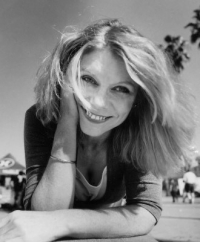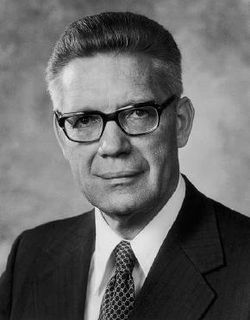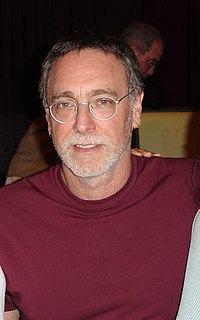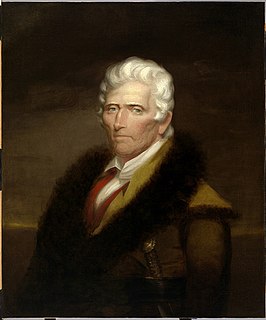A Quote by Walter Raleigh
Even such isTime, which takes in trust Our youth, our joys, and all we have, And pays us but with age and dust, Who in the dark and silent grave When we have wandered all our ways Shuts up the story of our days, And from which earth, and grave, and dust The Lord shall raise me up, I trust.
Related Quotes
Shadow and dust shall be reclaimed, earth sealing the tomb from which you came. Dust to dust, ashes to ashes, warrior return, breathe your last. Air, earth, fire, water, hear my voice, obey my order, thrice around your grave do bound, evil sink into the ground. I now invoke the law of three, this is my will, so mote it be.
This is our Lord’s will, that our prayer and our trust be both alike large. For if we trust not as much as we pray, we do not full worship to our Lord in our prayer, and also we tarry and pain our self. The cause is, as I believe, that we know not truly that our Lord is Ground on whom our prayer springeth; and also that we know not that it is given us by the grace of His love. For if we knew this, it would make us to trust to have, of our Lord’s gift, all that we desire. For I am sure that no man asketh mercy and grace with true meaning, but if mercy and grace be first given to him.
The only things in which we can be said to have any property are our actions. Our thoughts may be bad, yet produce no poison; they may be good, yet produce no fruit. Our riches may be taken away by misfortune, our reputation by malice, our spirits by calamity, our health by disease, our friends by death. But our actions must follow us beyond the grave; with respect to them alone, we cannot say that we shall carry nothing with us when we die, neither that we shall go naked out of the world.
The Latin words humus, soil/earth, and homo, human being, have a common derivation, from which we also get our word 'humble.' This is the Genesis origin of who we are: dust - dust that the Lord God used to make us a human being. If we cultivate a lively sense of our origin and nurture a sense of continuity with it, who knows, we may also acquire humility.
We are here on earth to work-to work long, hard, arduous hours, to work until our backs ache and our tired muscles knot, to work all our days. This mortal probation is one in which we are to eat our bread in the sweat of our faces until we return to the dust from whence we came. Work is the law of life; it is the ruling principle in the lives of the Saints.
But if, indeed, there be a nobler life in us than in these strangely moving atoms; if, indeed, there is an eternal difference between the fire which inhabits them, and that which animates us,--it must be shown, by each of us in his appointed place, not merely in the patience, but in the activity of our hope, not merely by our desire, but our labor, for the time when the dust of the generations of men shall be confirmed for foundations of the gates of the city of God.






































